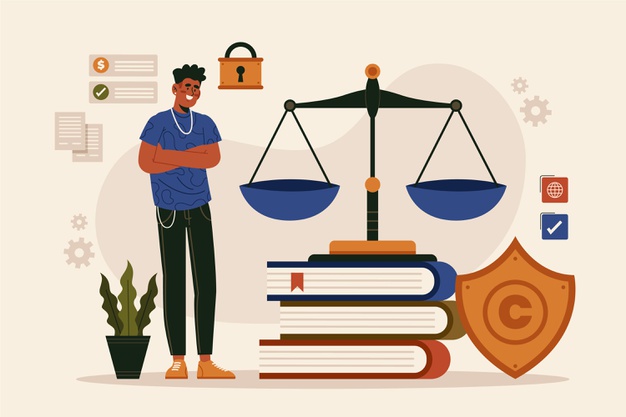Differences Between Legal Transcription Services and Court Transcription Services

Differences Between Legal Transcription Services and Court Transcription Services
Legal transcription services in recent years have been tremendously booming. Diverse industries, right from healthcare, entertainment, legal to corporate, seek a professional legal transcription services agency. Yet, many of us are unaware of the difference between legal transcription and court reporting. Read on this blog post to know the difference:
Legal Transcription Services vs. Court Reporting Services
First things first, both legal transcribers and court reporters are alike. Both are specialized individuals responsible for creating the transcription of both legal & court proceedings. Each one has the responsibility to transcript the legal discussion with a high degree of accuracy. Plus, both are required to undergo professional training, and as a court reporter, the training is even more stringent.
One notable difference between the two is the setting in which each one works. As the name suggests, a court reporter generally works within the courtroom. Typically, they use a transcription machine popularly known as a stenograph. This enables them to convert the transcription in real-time. If you are considering courtroom transcription, then you must hire a certified court transcription services agency.
Another key thing to note here is that the court reporters employed at court hearing transcription services companies must complete education approved by the National Court Reporters Association. Besides, they have to pass state-specific competency tests, and completing continuing education courses is a must. Court reporters are generally hired as the direct employees of a court.
On the flip side, a legal transcriber works in a less formal setting. They are required to assist with legal meetings, depositions, and hearings, along with witness interviews. The legal transcribers are often hired to transcribe 911 calls, prepare legal documents, and offer professional dictation services. They often use video or audio recordings for transcription.
The legal transcriptionists are often employed by professional transcription companies or work as a freelancer. If they are working with the agency, they often have access to the most advanced technological systems that court reporters don’t have, such as an online system for completing dictations, cloud hosting for documents, etc. There have been cases when the cases are overturned because the court reporter lost the recording or transcript of the proceeding.
When is a Court Reporter Needed?
Since a court reporter transcribes the spoken words in real-time, they are needed for transcribing the official records of court deliberations. They are even invited for closed-door hearings. So, in simple words, if a judge is present in the courtroom, a court reporter is required. However, several courtroom proceedings are recorded as audio or video, then later sent to online court transcription services for transcription. The lawyers often hire court reporters to catch the mistakes or details that could be crucial to the case’s outcome.
How Long Legal Transcription Takes?
One of the key perks of legal transcription is that the video or audio can be rewind/pause anytime. Further, legal transcription can also be cross-referred with the official court reporter. This is done to ensure a high degree of accuracy. But, how much time does it take? First things first, time varies. For accurate transcription, three to five hours are minimum; plus, it majorly depends upon the transcriptionist’s experience. Compared to a court reporter, the formal education for a transcribe is much lower. But, they must have a background in legal research, terminology, and procedure for better transcriptions.
So, now we’re at the end of the article; I hope you got a fair idea about the difference between a legal transcriber and a court reporter.

